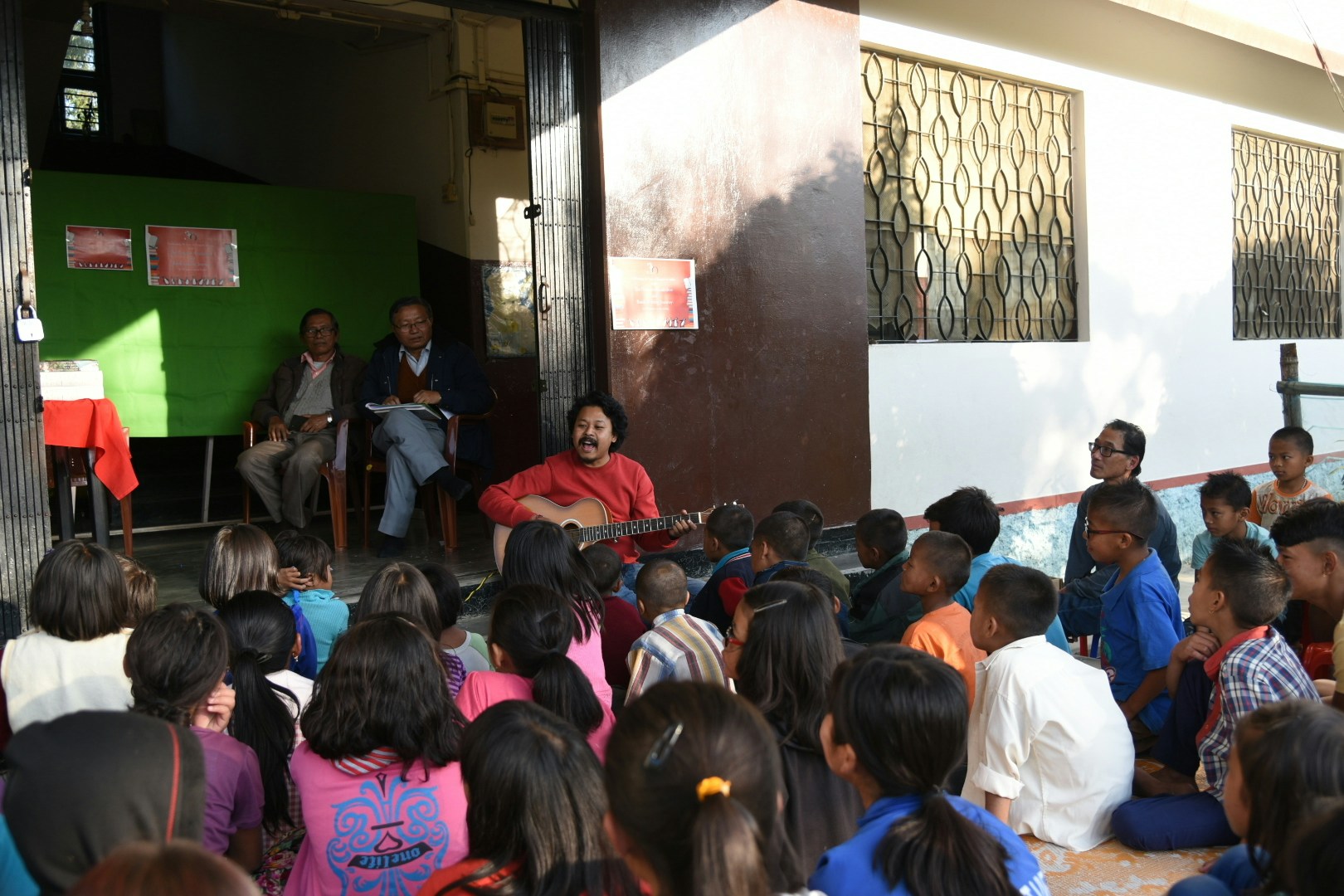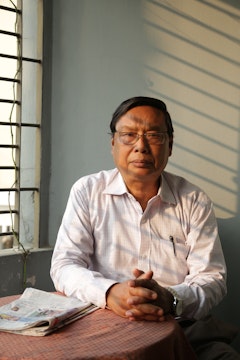A Native Tongue Called Peace
In 2010, the Naga organisations called for a blockade on both the highways leading to Manipur (National Highways 37 and 39)
In 2010, the Naga organisations called for a blockade on both the highways leading to Manipur (National Highways 37 and 39)
The blockade went against the State government’s decision to prevent the NSCN (IM) leader Th Muivah from entering his home district Ukhrul, Manipur. At one of the rallies in support of Muivah’s entry into Manipur which was held at Mao gate, two Naga boys were shot dead by State police forces.
The highway blockade continued for three months, leading to shortages of fuel, food and medical supplies in the State. This condition also fuelled communal tension between the Nagas and Meiteis of Manipur.
Back then I was a PhD student in Delhi and politically active as a student. During the three month blockade Burning Voices, a Delhi based organisation of poets and musicians which I was also part of, raised funds from people all around the globe and bought common ailment medicines for the people of Manipur. I came down to Imphal and I was part of the team distributing medicine. On one occasion, we distributed the medicines to a children's home in Kanglatombi, Senapati District. There at the children's home, we found out that the children were from various different ethnic backgrounds. They were simply happy living under one roof and sharing what they had at the home. Seeing them gave me hope, because everything was so communal there.
At any time there could be a clash between the Meeteis and Nagas. The children at the orphanage made me realize that this could be a good model for Manipur, one in which everyone lives in peace and harmony under one roof despite their differences. Since then, I have thought about working with children from various communities and tribes in Manipur.
In 2015 I got a grant from the Foundation for Social Transformation, Guwahati. With the grant I launched the project “A Native Tongue Called Peace.” I put together a team of artists and we taught music to the children at an orphanage in Imphal. We introduced the children to various art forms. One beautiful thing we witnessed is that there is a very organic exchange of culture among children. You will find Meetei children singing Tangkhul songs, and a Tangkhul girl singing a Kabui folksong. In our conflicted society we hardly get to learn or understand the meaning of songs from other communities. The project believes in nurturing innocence and such organic exchange among the children. The children have learnt to play guitars and keyboards through the project. With the children we have written and produced five original songs. Now some of the children are learning the violin and picking it up very well. They have performed as a band on various platforms in and around Imphal and we feel immense pride every time we see them on stage.
It’s not only music, we have also raised funds and taken necessary action from time to time to take care of their heath as well. Post COVID we have reached out to one more children’s shelter home. So, music classes are currently taking place in two shelters. Right now we are looking for support from around the globe to expand the project.





